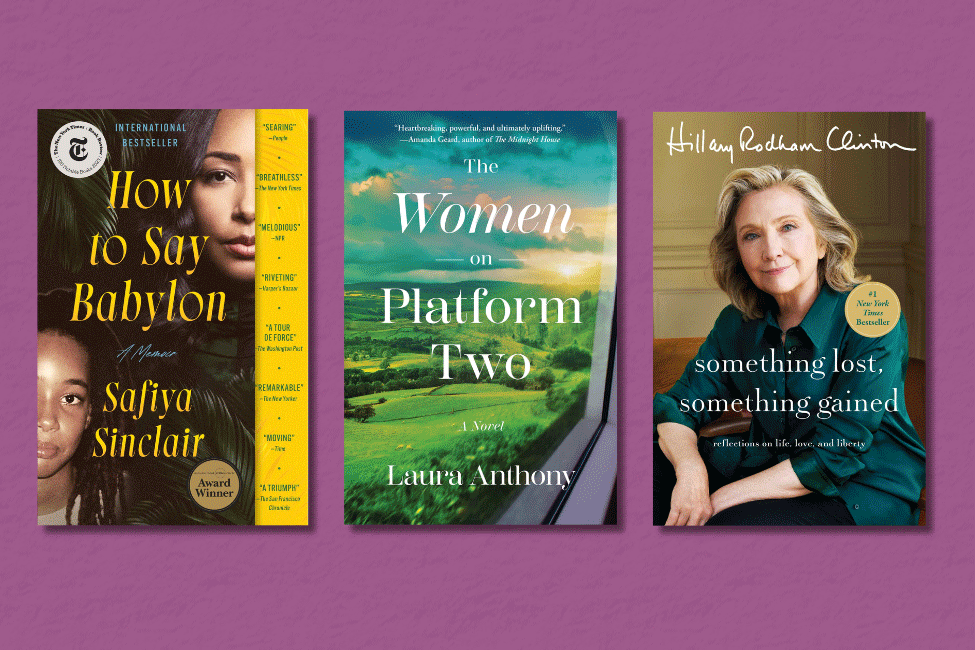Plus, receive recommendations and exclusive offers on all of your favorite books and authors from Simon & Schuster.
A Reese's Book Club Pick!
Broken Country by Clare Leslie Hall
A love triangle unearths dangerous, deadly secrets from the past in this thrilling tale perfect for fans of Where the Crawdads Sing. Reese Witherspoon calls it "a masterfully crafted mystery that will keep you guessing."
START READINGGet a FREE ebook by joining our mailing list today!
New in The Kindred’s Curse Saga!
Heat of the Everflame
The third installment in Penn Cole's BookTok sensation and New York Times bestselling series—now in a collectible hardcover edition featuring a never-before-seen bonus chapter.
TURN UP THE HEATCelebrate Pi Day!
New This Week
Happening Now
Our Audie Award Winners
Congratulations to Edward F. O'Keefe's The Loves of Theodore Roosevelt, Stephen King's You Like It Darker, and Garrett M. Graff's When the Sea Came Alive! Discover more past nominees and winners.
START LISTENINGCelebrate Women's History Month
Discover the strong and remarkable women who have pushed boundaries, affected change, and made history with these powerful reads.
SHOP NOW






































































